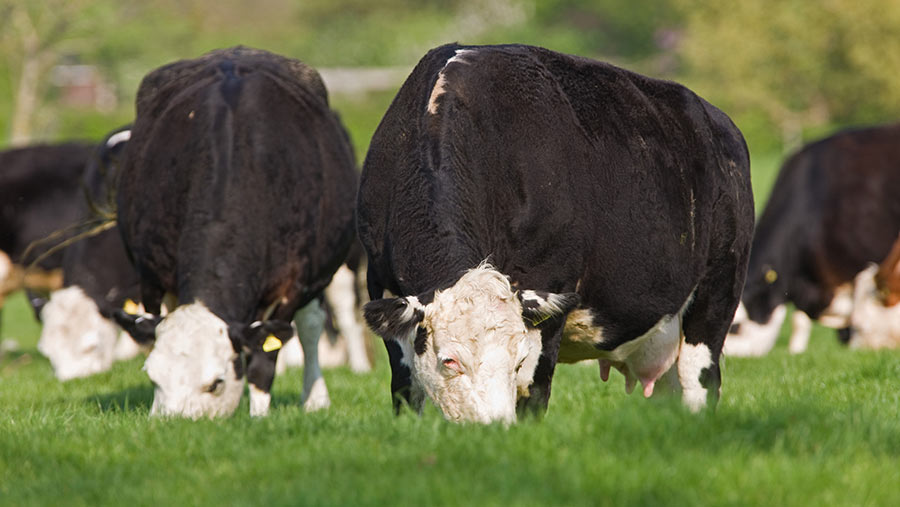Post-mortem PCR test for TB will cut herd restriction time
 © Tim Scrivener
© Tim Scrivener Herd movement restrictions in Great Britain could be significantly cut to as little as three weeks, thanks to a new test that will identify TB infection more quickly in slaughtered livestock.
The Animal and Plant Health Agency (Apha) is rolling out a polymerase chain reaction (PCR) test which can detect bovine TB bacterium directly from tissue samples collected during post-mortem inspection.
See also: Defra dismisses study claims on TB badger cull effectiveness
The new method will drastically reduce the time it takes for Apha to report results to livestock farmers.
Currently, the main method of confirming TB infection is traditional microbiological culture, which involves growing the bacterium in a laboratory from tissue samples.
This process can take up to 22 weeks for a result to be obtained and the farmer informed whether restrictions will remain or be lifted.
Apha said the new test would allow it to detect new cases of TB earlier and help stop the spread of the disease to other farms.
Initially, the new PCR test will replace microbiological culture for tissue samples collected from the following:
- TB slaughterhouse cases in cattle and non-bovines (animals routinely sent for private commercial slaughter which were found to have suspected TB lesions at routine meat inspection).
- Non-bovine animals such as goats, pigs and camelids that are removed as TB test reactors, direct contacts or clinical TB suspects, and cases where TB lesions are identified on post-mortem examination in a veterinary laboratory.
- Domestic pets such as cats and dogs and exotic species submitted to Apha for laboratory investigation.
Christine Middlemiss, the UK chief veterinary officer, said: “Fast and reliable testing is essential in halting the spread of this insidious disease in animals.
“This new PCR test ensures Apha can continue its vital role in detecting disease on farms, and it will be welcome news for livestock farmers who have been greatly impacted by this disease.”
More than 27,000 cattle in England have been slaughtered in the past year because of bovine TB. The UK is developing a cattle vaccine which it is hoped will be ready by 2025.
